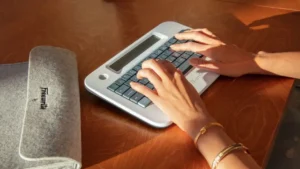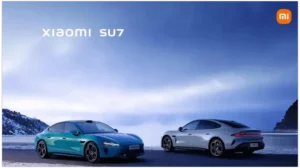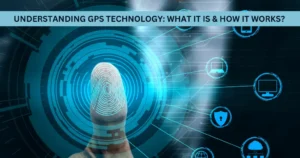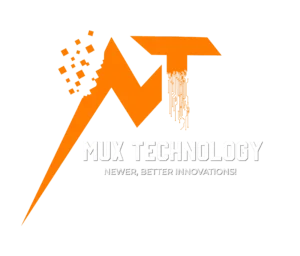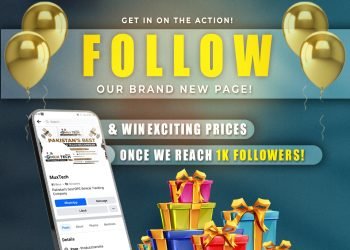Apple has encountered a major challenge in the United States as it has been banned from importing and selling two of its latest smartwatches – the Watch Ultra 2 and the Watch Series 9. This is an unexpected turn of events for the company. The Apple Watch Ban, imposed through the American International Trade Commission (USITC), stems from a patent infringement case with California-primarily based scientific monitoring company Masimo.
The USITC, in an October election, determined that Apple had violated blood oxygen detection patents held through Masimo, main to the decision for a ban on the import and sale of Apple Watches containing the allegedly infringing technology. The ban officially took effect on December 26 after the Biden administration opted now not to veto the USITC’s decision, permitting its 60-day presidential assessment period to expire quietly.
Apple, regarded for its progressive technology, is now engaged in a race in opposition to time to cope with the ban. The business enterprise is unlawful from without delay selling the affected Apple Watch models within the U.S., but 0.33-birthday party shops nonetheless have the liberty to promote their existing stock. However, Apple has briefly halted direct income of the Watch Series Nine and Watch Ultra 2 to clients, leaving the lower-price Apple Watch SE devoid of a blood oxygen sensor because the simplest smartwatch is to be had directly from Apple.
One of Apple’s immediate responses entails an internal attempt to revamp how Apple Watches acquires and gifts statistics about blood oxygen ranges. The agency is also pursuing legal avenues to steady a brief reprieve from the ban. In a submission to the U.S. Court of Appeals for the Federal Circuit, Apple has requested a pause on the ban until at least January 12. On this date, U.S. Customs and Border Protection will assess proposed redesigned versions of the affected watches to determine whether they still infringe on Masimo’s patents.
Details concerning Apple’s precise layout adjustments were redacted inside the filing, leaving the industry and consumers curious about the ability changes to the smartwatches. Apple’s criminal method hinges on convincing authorities that the redesigned variations now not violate Masimo’s patents, permitting the company to renew sales inside the U.S.
Masimo has accused Apple not only of patent infringement but also of hiring away its employees and incorporating stolen pulse oximetry technology into the Apple Watch. The USITC’s ban includes a directive for Apple to end selling any previously imported gadgets providing the contested generation. Apple isn’t always taking the ban lying down; the tech massive has appealed the USITC selection to the U.S. Court of Appeals for the Federal Circuit.
As the felony battle unfolds, industry professionals speculate on ability effects. Apple should choose software adjustments to the blood oxygen sensor or turn off the sensor on imported devices. Nevertheless, those measures may not be sufficient to appease the USITC, prompting Apple to discover settlement alternatives with Masimo.
The ban’s immediate impact is restricted to Apple’s direct income channels, sparing 0.33 birthday party shops like Best Buy, Target, and others. Customers can nonetheless acquire the Watch Series 9 and Watch Ultra 2 from these stores while materials remain. The more low-cost Apple Watch SE, exempt from the ban due to its loss of a blood oxygen sensor, is still available at once from Apple.
While prison battles of this nature aren’t unusual, what makes this situation tremendous is Apple’s choice to stay with the USITC’s order in preference to settling. The employer’s appeal may want to amplify the final verdict via approximately another 12 months, according to enterprise analysts.
In the wider context of the wearable tech enterprise, Apple’s wearables, home, and accent enterprise, which incorporates the Apple Watch, AirPods, and other merchandise, generated a sizable $8.28 billion in revenue at some point of the 1/3 sector of 2023. The ban on the Watch Series 9 and Watch Ultra 2 represents a superb setback for Apple, emphasizing the demanding situations posed by way of patent disputes in the very aggressive international of customer electronics.
As Apple navigates the complexities of felony proceedings and seeks to cope with patent worries, the outcome of this situation will undoubtedly have lasting implications for the corporation, its competition, and the broader landscape of the wearable era. Consumers, too, stay eager to witness how Apple will adapt and innovate to overcome this regulatory impediment in its quest to deliver modern-day merchandise to the market.


